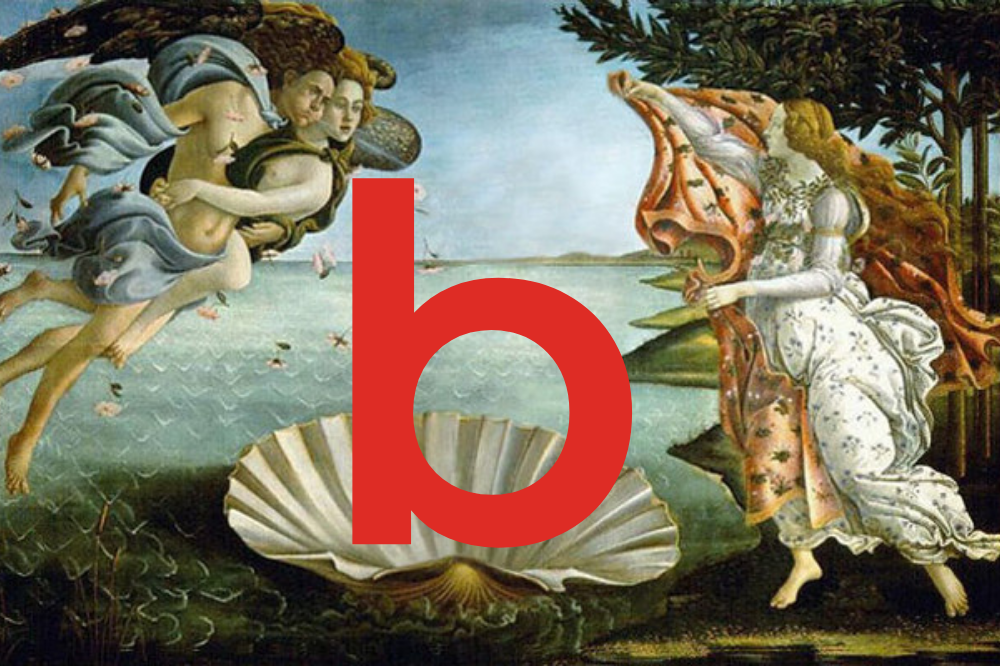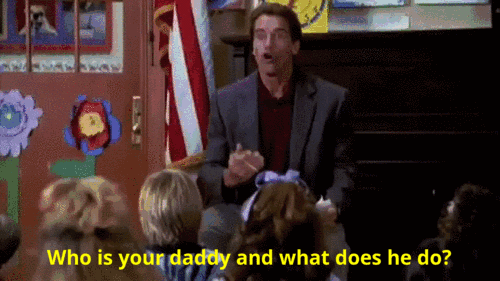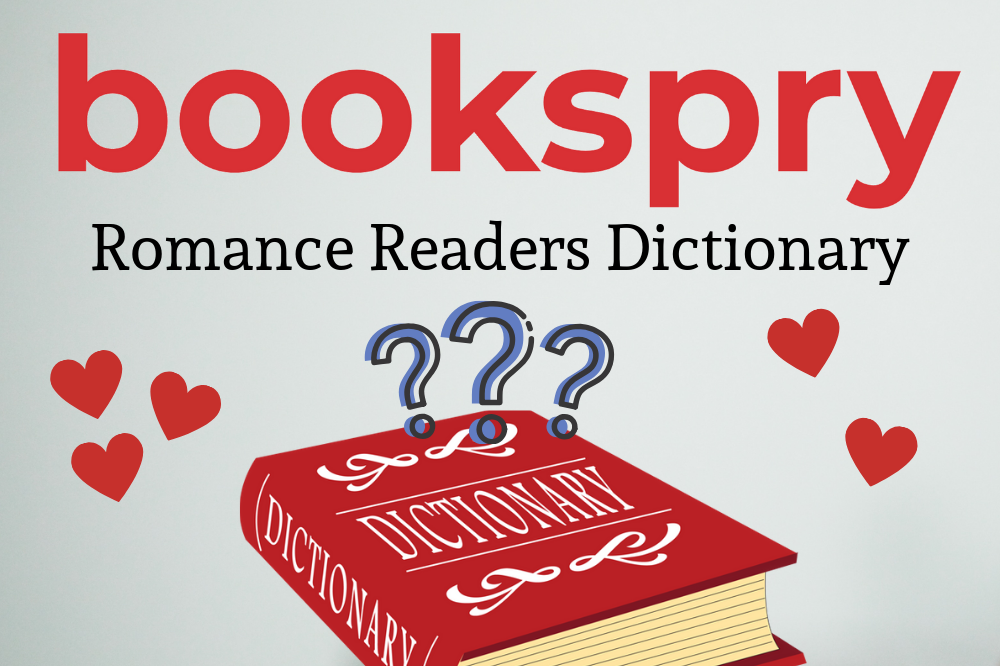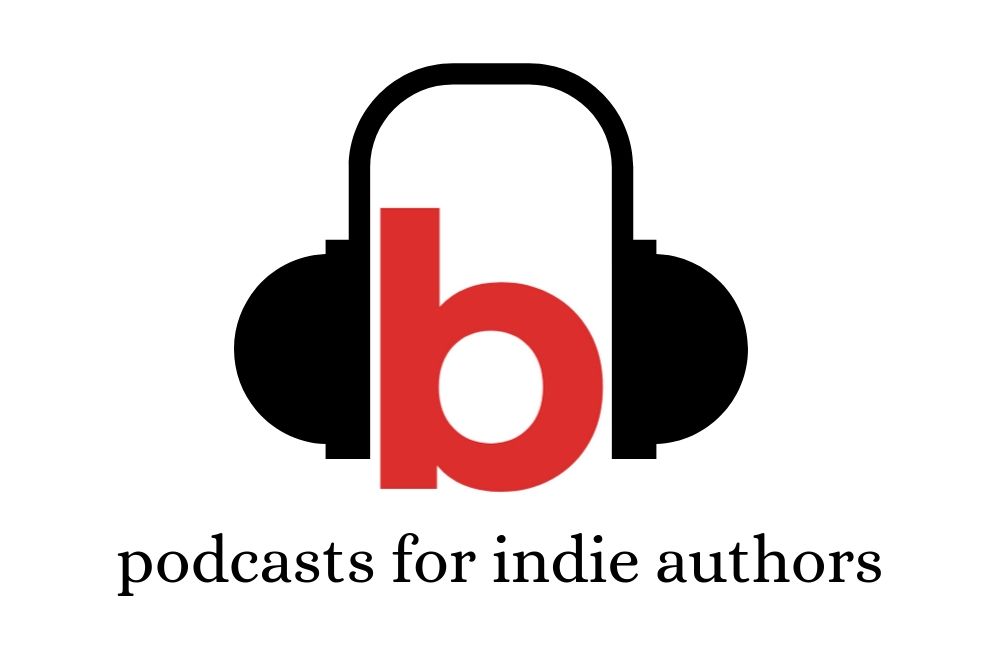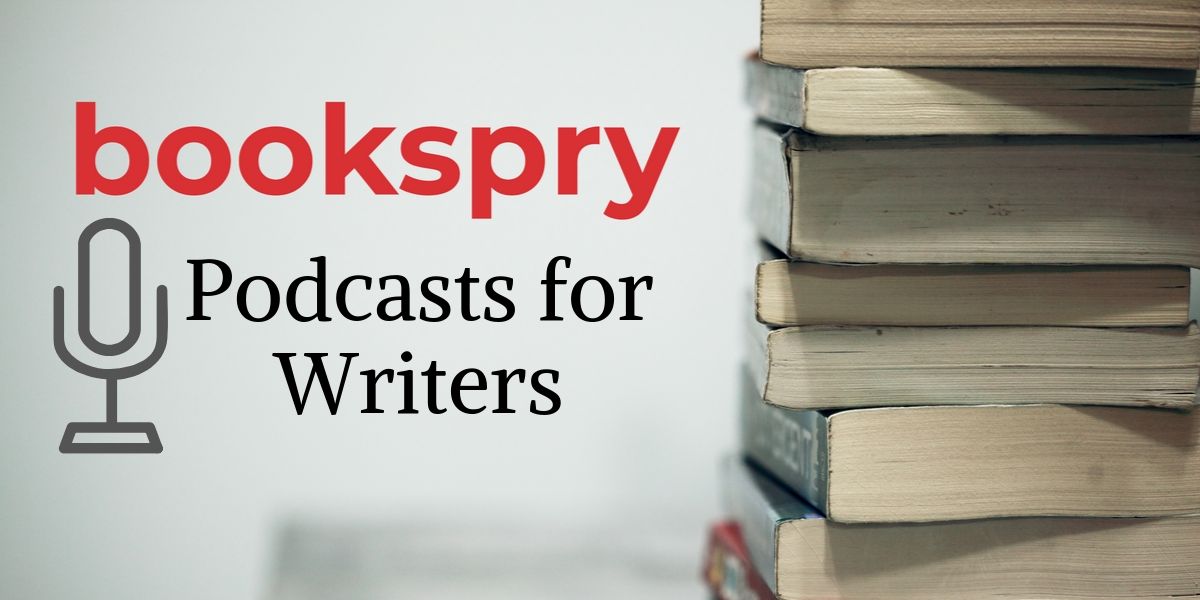Alpha Hero
A strong, brooding man, he protects those he loves and makes the tough decisions. in
Alphaholes
Ultra Alpha. This manly man takes what he wants, no questions asked. As you imagined, he can also be a bit of an….well you get it.
ARC’s
ARC stands for Advanced Reader/Review Copy. It’s a free copy of a book (typically unreleased, or newly released) that an author will give you hoping you give them feedback or leave a review on the book (though you are under no obligation to do so). Sometimes these books are early in the editing process, or without a finished cover, but they’re generally complete. There are ARC services you can sign up for who will try to pair your reading tastes with authors looking for readers.
Beta Hero
A hero whose appeal isn’t overly physical. Maybe he’s really smart, or funny, but he’s definitely charming and he’ll melt your heart. He’s pretty much the opposite of an alphahole.
Beta Reader
Is a person who reads a book even before an ARC reader. Sort of like high level editors, Beta Readers are a way for a writer to check there are no plot holes or typos, and to get feedback on story elements. Beta reading can be a lot of fun as you sometimes get to see some of your recommendations appear in the final version of a book, but it also means reading “unpolished” writing. If you’re interested in being a Beta Reader, there are groups on Goodreads and Facebook, or you can just reach out to your favourite authors and ask if they have a Beta Reader list (most of them do) and ask to get on it!
The Big Misunderstanding
This is a situation that often arises in romance books (and movies). It’s when the big climax of the book is caused because the romantic leads don’t talk to each other. It’s bad for the characters, but great for us. Instead of a five minute conversation where the leads sit down and talk about things rationally, we get 50 pages of deliciously agonising angst.
It’s also a good life lesson, always talk to your partner before you assume anything!
Book Boyfriend
That one character that you love above all others! He’s gorgeous, charming and totally wasted on some fictional heroine.
Character Arc
Each character should change and grow over the course of the book (romance or otherwise).
Every superhero movie starts off with the shy young person who has to conquer their fears, learn to accept themselves and save the world. In romance the typical Character Arc starts off with the happy singleton who, over the course of the novel, learns that she/he wasn’t actually all that happy but has just been hiding from the problems in their life. By accepting their own flaws and working to overcome them, our hero and heroine are able to flourish into strong characters who know their own self-worth and find additional happiness within a loving relationship.
The Character Arc is the path they take to growth.
DNF
Did Not Finish. You’ll see “DNF” used a lot on message boards and particularly nasty book reviews. It means the person “did not finish” reading the book in question. Sometimes it’s for completely innocuous reasons (ie. DNF Jaws because I dropped my ereader in the pool and haven’t bought another one), but usually it’s used to mean the reader couldn’t finish the book because they didn’t enjoy it (ie. DNF Alpha Hero Superstar because there were too many typos).
DVP
When discussing steamy (or spicy) romance, DVP typically refers to double vaginal penetration. See also (if you can believe it) TVP.
F/F
This is a romance story featuring two female romantic leads. Books about women who love women!
FL
Female lead.
FMC
Female Main Character.
Gamma Hero
A hero who has a mixture of Alpha Hero and Beta Hero characteristics.
HEA
Happily Ever After. Just like the fairy tales of your youth, this is how every romance story should end (in my opinion!). The H/h have battled to be together over the course of the novel and this is the emotional payoff. The sweet reward of unconditional love that makes all the struggles worthwhile.
H/h
Hero/heroine, or Him/her, or Hero/hero, or Heroine/heroine. A shorthand way to refer to the main couple in a book.
Head-Hopping
The switch between POV’s, so you’re swapping whose head you’re “inside”. One chapter from the FMC’s perspective, and then the next chapter will be from the perspective of the MMC.
Heat Level
Heat level is the amount of hanky panky you can expect. This ranges from clean to steamy. Essentially, is there on page sex (not just “fade to black”) and how much of it.
For more information on Heat Levels (or Steam/Spicy Levels) check out our post: Romance Heat Levels Explained.
If you’re just looking for Steamy Romance examples (and deals!) check out our High Heat Romance books here.
HFN
Happy For Now. The story ended and the H/h are in a relationship, but it’s not perfect. Perhaps the characters didn’t go through enough of an emotional journey for this to be a HEA, perhaps there are still issues to be worked through. However, the difference between an HEA and a HFN can be subtle, nuanced and often determined by whether the reader likes the main characters enough to want them to stay together.
J/P
J/P stands for “jealous possessive”. See also: J/P/O.
Often combined with OTT. So you’d have an “over the top jealous possessive”.
J/P/O
J/P stands for “jealous possessive obsessive”.
KU
KU stands for Kindle Unlimited, a monthly Amazon subscription that gives you access to thousands of e-books for free. Sound interesting? Check out our article here!
M/M
Stories where there are two male romantic leads. Stories about men who love men! Can also be written as MM.
M/F/M
One female lead and two (or more) male leads.
MC
Main Character.
ML
Male lead.
MMC
Main Male Character.
Mary Sue
A character that is too perfect, good at everything, beautiful etc. In fact, she is so perfect that she’s boring. It’s the flaws that make a good character and she has absolutely none. This is something that’s becoming more of a criticism in mainstream writing. Who wants to spend time with a goody-two-shoes?
There is also the less common male version, called a Gary Sue
New Adult (NA)
Sometimes abbreviated to NA or called College Romance. Originally, it was a genre that lay in between YA and Adult romance, focusing on new adult experiences in various ways, first job, first time living on their own, college, first adult love, etc. The strict definitions have been stretched over time and a lot of people argue the term New Adult is so overused that it’s become meaningless, but it does technically mean something!
OMD
OMD in romance refers to “other man drama”. See also: OWD.
OMYW
OMYW means the book features an older man with a younger woman.
OWD
OWD in romance refers to “other woman drama”.
OTT
Over the Top. Although this is an acronym that is used outside the romance world, you definitely need to know it if you’re a romance reader, because we have stories that are definitely…over the top.
POV
Point of view. Which character you are viewing the story from.
PNR
What does PNR mean? Paranormal romance. Shifters, vampires, ghosts, etc. There can be a lot of overlap with Science Fiction Romance (SFR) categories, but PNR really stands on its own.
RTC
Review To Come. Often used by ARC readers who are leaving a comment on Amazon but haven’t decided what they want to say yet.
RWA
Romance Writers of America association that gives out awards to Romance writers.
Sequel Bait
You’re just getting to the end of a book. All the plot strands are coming together nicely and you can almost feel that glow of satisfaction that everything came together so nicely. Suddenly, out of nowhere, there’s a terrible twist of events. There’s no time to fix this massive problem now. The only way you’ll find out how everything is going to be sorted out is if you buy the sequel. UGH.
SFR
Science Fiction Romance! Similar to PNR (Paranormal Romance).
Shipping
When you really want the couple to get together because you think the two of them will have a great relationSHIP. That’s when you ship it.
Steam Levels
See “Heat Levels” or our Romance Steam Levels Explained post.
Sub-Genre
The genre we’re talking about here is Romance, but romance is a massive genre and we have to split it up into small sub-genres like Romantic Comedy, Western Romance, Dark Romance.
TBR
Book purgatory. A TBR book is on that seemingly endless list we all have, the list of books “To Be Read”.
Trope
The type of plot that a novel uses. Common tropes are: second chance, friends to lovers, secret baby.
TSTL
Too Stupid To Live. Usually the female lead, and sometimes meant as a criticism of the character. This is a person incapable of making a sensible choice and without a modicum of common sense. Luckily the MMC is usually there to rescue her.
TVP
What is TVP in romance? Well, without putting too fine a point on it, when discussing steamy romance, TVP refers to triple vaginal penetration. See also: DVP.
TWSS
That’s What She Said, the perfect response to innuendo.
Wallbanger
Not as fun as it sounds. This is when a book is so terrible that you feel the need to throw it against the wall.
Women’s Fic
Books that would likely otherwise be classified as a romance, except they don’t have a HEA/HFN.
Feel like we missed something, or disagree with some of these definitions? Have some new romance slang we haven’t defined? Drop us a line at admin@bookspry.com or find us on Twitter or Facebook.
